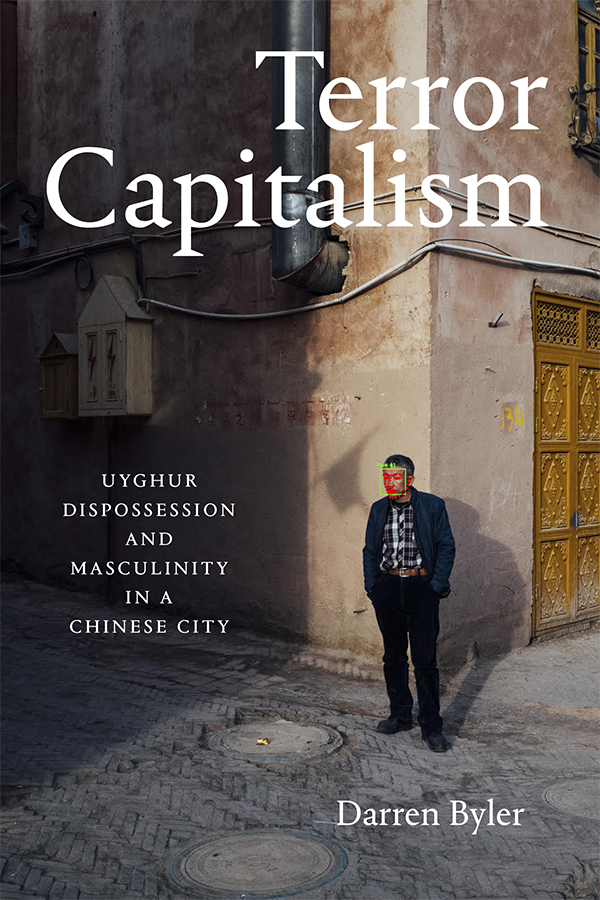An account is required to join the Society, renew annual memberships online, register for the Annual Meeting, and access the journals Practicing Anthropology and Human Organization
- Hello Guest!|Log In | Register
Darren T. Byler to receive the Margaret Mead Award for 2023
 The Boards of Directors of the Society for Applied Anthropology (SfAA) and the American Anthropology Association (AAA) have selected Prof. Darren Byler to receive the Margaret Mead Award for 2023. Prof. Byler was selected for his book, Terror Capitalism: Uyghur Dispossession and Masculinity in a Chinese City, published by Duke University Press (2022). Prof. Byler is currently an assistant professor at the School for International Studies, Simon Fraser University.
The Boards of Directors of the Society for Applied Anthropology (SfAA) and the American Anthropology Association (AAA) have selected Prof. Darren Byler to receive the Margaret Mead Award for 2023. Prof. Byler was selected for his book, Terror Capitalism: Uyghur Dispossession and Masculinity in a Chinese City, published by Duke University Press (2022). Prof. Byler is currently an assistant professor at the School for International Studies, Simon Fraser University.
The Mead Award will be presented to Prof. Byler on March 29, 2024, at the 84th Annual Meeting of the Society in Santa Fe, NM.
The Mead Award was initiated by the Society for Applied Anthropology in 1979 with the approval of Margaret Mead. Since 1983, the award has been sponsored and presented jointly with the American Anthropological Association. The award is presented annually to a young scholar for a particular accomplishment, such as a book, which employs anthropological data and principles in ways that make them meaningful and accessible to a broadly concerned public.
The award honors the memory of Margaret Mead, who in her lifetime was the most widely known woman in the world, and arguably the most recognized anthropologist. Mead had a unique talent for bringing anthropology into the light of public attention.
Darren Byler is a sociocultural anthropologist whose teaching and research examines the dispossession of stateless populations through forms of contemporary capitalism and colonialism in China, Central Asia, and Southeast Asia.
In Terror Capitalism anthropologist Darren Byler theorizes the contemporary Chinese colonization of the Uyghur Muslim minority group in the northwest autonomous region of Xinjiang. He shows that the mass detention of over one million Uyghurs in “reeducation camps” is part of processes of resource extraction in Uyghur lands that have led to what he calls terror capitalism—a configuration of ethnoracialization, surveillance, and mass detention that in this case promotes settler colonialism. Drawing on ethnographic fieldwork in the regional capital Ürümchi, Byler shows how media infrastructures, the state’s enforcement of “Chinese” cultural values, and the influx of Han Chinese settlers contribute to Uyghur dispossession and their expulsion from the city. He particularly attends to the experiences of young Uyghur men—who are the primary target of state violence—and how they develop masculinities and homosocial friendships to protect themselves against gendered, ethnoracial, and economic violence. By tracing the political and economic stakes of Uyghur colonization, Byler demonstrates that state-directed capitalist dispossession is coconstructed with a colonial relation of domination.

Cart
Search